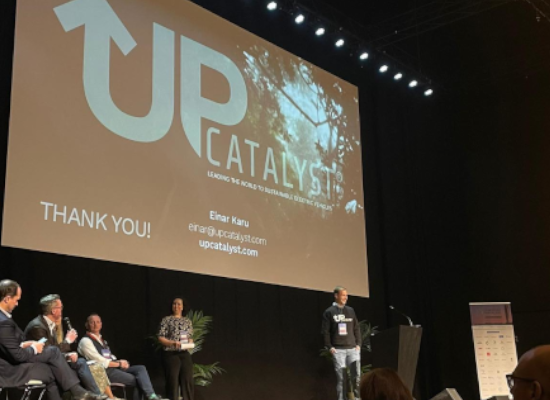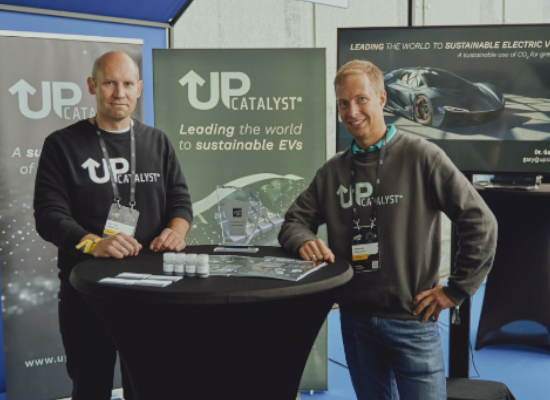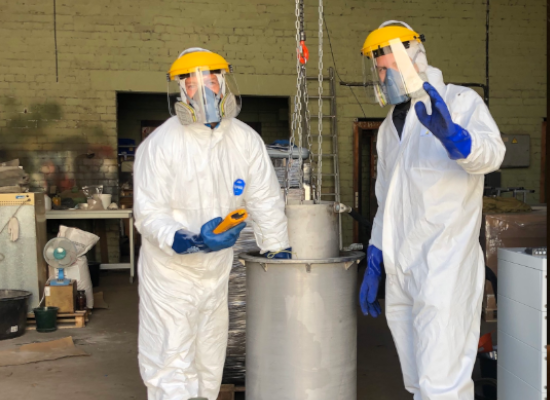UP Catalyst
Estonia-based start-up UP Catalyst has developed electrochemical transformation technology to produce different types of carbon nanomaterials from CO2. As a result, the start-up is able to utilize CO2 emissions and prevent their release into the atmosphere, which contributes to their process being more sustainable than commonly used technologies for producing carbon nanomaterials with high carbon footprint. For these reasons, UP Catalyst, who is also the ISC3 Innovation Challenge Winner for 2020/21, has been chosen as our Start-up of the Month for March 2022.
Year of Foundation:
2019
Addresses the following SDGs:
SDG 7 (affordable and clean energy), SDG 9 (industry, innovation and infrastructure), SDG 12 (responsible consumption and production), SDG 13 (climate action)





